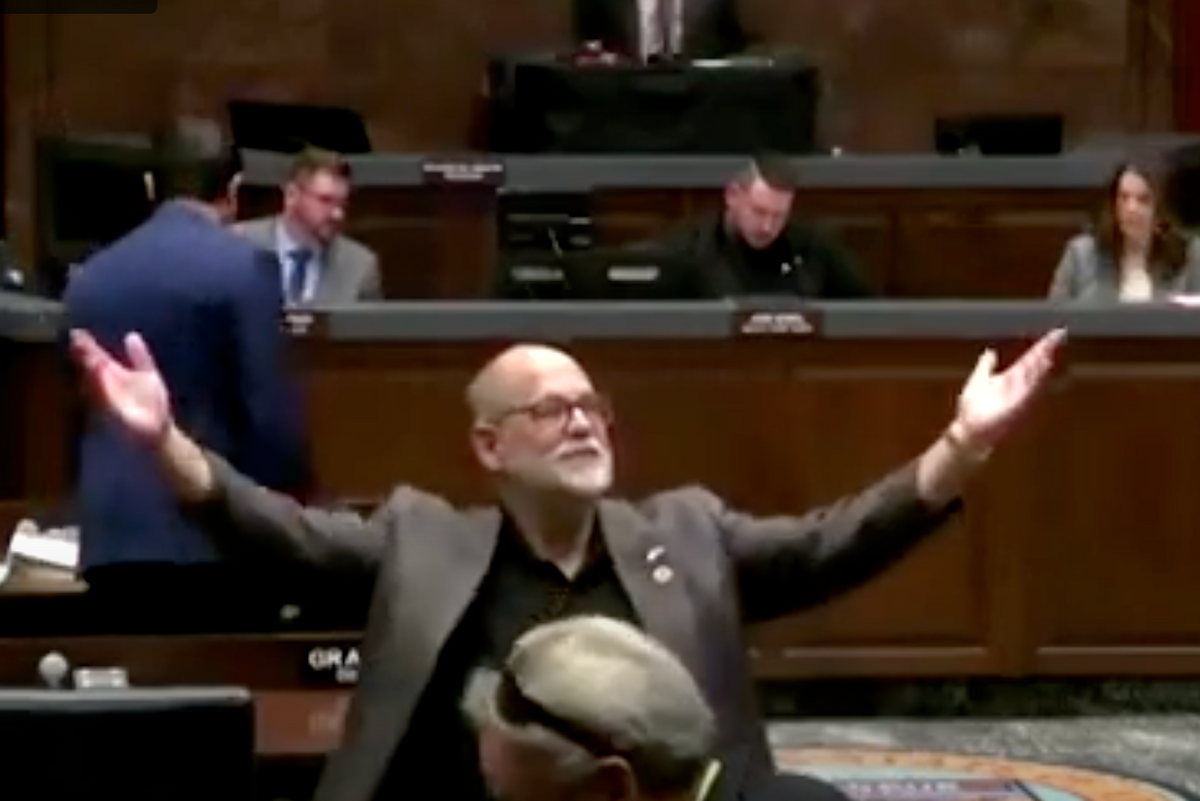Washington (AFP) – With the clock ticking toward a possible U.S. government shutdown, a fractured Congress scrambled Wednesday to piece together a deal that would keep the doors open into next month.
The Republican-led House of Representatives last week passed a contentious measure that funds government operations at current levels through December 15, but which also strips President Barack Obama’s three-year-old health care law of all its funding.
Senate Majority Leader Harry Reid has set an initial procedural vote on the matter for mid-day Wednesday, and both parties acknowledge that the measure will reach the 60 votes necessary in the 100-member body.
Reid said he will then strip out the provision defunding the health care law known as Obamacare, and amend the budget bill to fund government only until November 15 instead of mid-December.
That would push Congress to quickly work out a long-term budget deal instead of extending the fiscal crisis right up to the end-of-year holiday period.
Reid said the Senate should ultimately pass its legislation by “sometime on Sunday,” leaving the House 48 hours or less to either pass the amended bill or send a re-worked counteroffer back to the Senate.
If no spending agreement is reached, government agencies would begin shutting their doors early Tuesday, the day after the end of the current fiscal year, and hundreds of thousands of federal workers would likely be ordered to stay home with no pay.
But in a sign of the divisive nature of the debate, conservative Senator Ted Cruz took to the Senate floor pledging to speak “until I am no longer able to stand.”
Twenty-one hours later he was still going strong, railing against Obamacare as “the biggest job killer in this country.”
“The American people want to stop this madness, and so do I,” Cruz said.
While Cruz accused Reid of using “brute political force” to ram through his procedures, he acknowledged he would have to yield the floor by noon in order for the vote to go ahead at 1:00 pm.
As lawmakers squabble over the way forward, a second fiscal crisis was rapidly approaching: the need to raise the U.S. debt ceiling or risk a catastrophic credit default.
Treasury Secretary Jacob Lew warned Wednesday that the government will have no more flexibility to juggle spending and meet its obligations after October 17, under a statutory debt cap.
Lew told Congress that, after months of maneuvers to meet government commitments without added borrowing, those “extraordinary measures” will be exhausted by that date.
“If we have insufficient cash on hand, it would be impossible for the United States of America to meet all of its obligations for the first time in our history,” Lew said in a letter to House Speaker John Boehner.
Lew urged the House to increase the borrowing ceiling, which has been locked at $16.7 trillion since May.
“I respectfully urge Congress to act immediately to meet its responsibility by extending the nation’s borrowing authority,” Lew said.
In a similar battle in 2011, the issue of raising the debt ceiling was wrapped into the budget fight, and many worry the same could happen again in a fresh bout of brinksmanship that could rock markets.
Lew reminded lawmakers that the 2011 impasse over the debt ceiling and the budget “caused significant harm to the economy.”
That fight was resolved just hours before the country could have defaulted on its debt, but nevertheless led to an historic downgrade of the U.S. credit rating, the first time the United States has ever lost its AAA status with Standard & Poor’s.
“If Congress were to repeat that brinksmanship in 2013, it could inflict even greater harm on the economy,” Lew said in his letter. “And if the government should ultimately become unable to pay all of its bills, the results could be catastrophic.”


